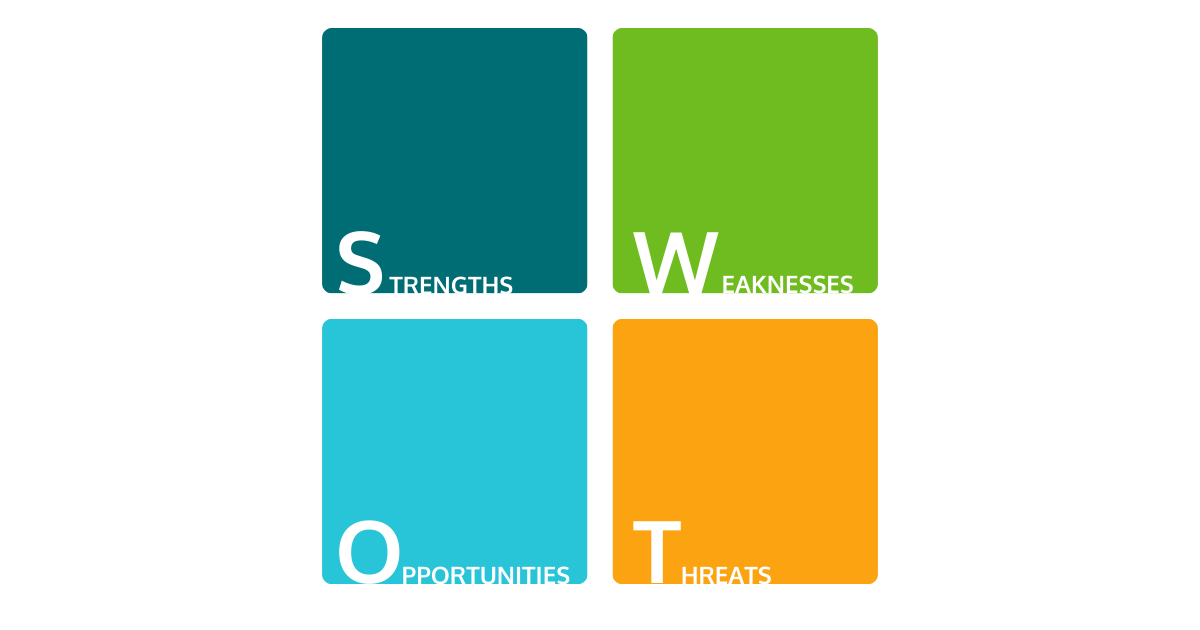Improve your Marketing Ops every week
Subscribe to our blog to get insights sent directly to your inbox.
Confront your process problems head on with a Sherpa by your side.
Explore support options that are tailored to meet you wherever you are on your climb.
Browse our pioneering Agile marketing courses
Learn from the stories of marketers already on the road to process improvement.
Featured Resource

State of Agile Marketing
Learn from 8 years of study on how marketers are increasing their agility.
Download Report
Like most people, we marketers often end up dreading open ended tasks without clear structure or boundaries.
How much work is too much? How much is too little? When will it ever get done?
All the unknowns around scope and expectations can quickly transform routine work into an anxiety-producing nightmare. There’s no better example than market research. The number of ways you can approach it is nearly infinite, so where should you start?
Fortunately, there are some straightforward approaches you can use to make your market research not just more manageable, but more efficient and effective.
Market research is the process of gathering information about the customers and markets you’d like to target. It also often includes competitor research to better understand how those competitors fit into the overall market picture.
The goals of this research typically revolve around determining the viability of a new product or service, gathering feedback on an existing product, or may simply be exploratory. Market research can be done internally, or by hiring a specialized market research firm.
This research can also be conducted in a myriad of ways, from phone calls and in-person focus groups to simple online surveys and data collection.
Considering market research can be done by a single person with a laptop in an afternoon, or by an entire company over the course of months, there’s a lot of variation. Whether you’re in the first or the second camp, it’s important to understand the various ways you can go about it.
This is market research centered around a particular brand. It can include looking at brand loyalty, identity, value, positioning, and perception. For example, you might look at how consumers react to a new brand concept through focus groups.
Because the information you’re trying to gather in brand research is usually less tangible than in other types of market research, it generally requires more time and investment to do well. But understanding what your brand is worth and how you can measure that worth is valuable knowledge.
Another common type of market research is competitor analysis. Here, your aim is to learn more about the strengths and weaknesses of your competitors in order to make your own strategies more effective. This can focus more on the competitors themselves, on how customers feel about those competitors, or both.

This type of market research can be done on a small scale using a basic SWOT analysis, or on a larger scale with a full team conducting surveys, depending on your resources.
Another thing to consider when looking at the type of market research you want to do is whether you want to use primary or secondary research methods. Primary research is based on information gathered directly from the source like focus groups, interviews, and surveys.
Done well, this results in totally unique and very high quality information. The downside is that primary research is generally far more expensive, so you’ll need to weigh the costs and benefits to decide whether it’s worth the investment.
Secondary research, by contrast, uses information that was collected by someone else. This could be published research, or simply publicly available data from places like governments, think tanks, or universities. While primary research is going to be unique, secondary research can also be of exceptionally high quality (depending on the source), and is often far cheaper to access.
It’s also important to appreciate the difference between qualitative and quantitative research. Qualitative research is based around information that can’t be expressed in numbers. This could be something like showing a focus group your new brand and asking them to list adjectives they associate with it.
Qualitative research is simply any kind of research that produces numerical data, like Net Promoter Scores, annual sales, etc. Each of these types has its advantages. Qualitative research can help you explore the human and emotional side of customers, while quantitative research enables you to summarize and analyze massive amounts of information more easily.
Whether you’re conducting a simple survey of your own email list or contracting a company to conduct a survey for you, this is a great way to gather deep insights into your customers. In fact, it’s effective enough that we conduct a worldwide survey every year to understand how marketers are using Agile in their work.
Just bear in mind that surveys are a market research tool you can’t easily iterate on. In most cases the survey is sent out a single time, meaning it’s extremely important to get it right. Bear this in mind when crafting survey questions. It’s also worth thinking about basic statistics to ensure you’re getting the right sample size, framing your questions properly, etc.
While surveys are generally one-offs, interviews and focus groups provide the opportunity to really go deep with questions aimed at understanding what’s happening in the minds of your customers. Instead of simply asking “do you prefer X or Y” techniques like the 5 Whys can help marketers understand the pain points that drive those preferences.
The downside is that interviews and focus groups tend to be expensive. They require experienced practitioners to conduct them, people to give more time than is usually necessary for something like a survey, and when done poorly can result in bad data. So you can think of this kind of market research as high risk, high reward.
Before proceeding to learn why marketing research is so important, why don't you take a second to check if bad processes are hurting your marketing?
Increasing competition is one of the biggest challenges companies face today. In a globalized world with fewer barriers to entry, it’s never been easier for competitors to undercut on price in a race to the bottom, particularly with the help of AI. In this environment, businesses increasingly need to rely on creative solutions to marketing challenges in order to thrive.
Market research is what powers this kind of creative marketing. It’s what enables marketers to obtain deep insights into their audiences, competitors, and competitive landscapes, they can use to develop marketing strategies that really move the needle.
Now that it’s clear why market research is so vital, what can you do to access the kind of research you need to compete?
The first thing to bear in mind is why you’re doing the research to begin with. Often we can think it’s simply to “learn things,” but that’s how you end up with bloated research that loses focus and takes too long. Because you can continue to “learn things” about your competitors or customers for the rest of time if you want to.

So begin by precisely defining who your stakeholders are and what value this market research is going to provide to them. For example, if your stakeholder is the sales team and the purpose of the research is to understand the pain points of a particular customer segment, you’ll take different steps than if you’re conducting research to build a product development roadmap. From here you can look at the types of market research and plan how you want to conduct it.
One of the most effective ways of preventing scope creep in your market research is to frame it as an MVP. Consider what the minimum amount of work necessary to provide the value you need for your stakeholders is and do that work. Then, you can iterate if needed, and potentially do more research.
If focusing on stakeholders is about ensuring the market research you produce is actually useful, regular contact with those stakeholders is essential to make sure that remains the case. If your team uses Scrum, this could mean presenting what you have so far at a sprint review meeting to get feedback.
If you hold daily standups, you can use the opportunity to discuss progress, gather new ideas, and ensure any blockages you experience are quickly addressed. It’s easy to let market research become a solitary task, but working more closely with team members and stakeholders can make it more efficient and valuable.
Most marketers have experienced this phenomenon: a lot of resources get used to generate a piece of market research that ultimately gets presented once and then never looked at or thought about ever again. As a result, so much of the value that research could provide ends up going to waste.

To ensure your market research gets used regularly, consider where you can link to it as a reference point. For example, if you work from an Agile task board, go through the projects and tasks you have and link to the research where relevant. You can also create monthly or quarterly reminders to check back and think about its conclusions and how they can be incorporated into your upcoming work.
By now it should be clear just how complex market research is. Getting it right requires getting a lot of elements right from the type of research to the statistical analysis used to analyze results.
But even more important is the mindset behind your market research: one built around maximizing value delivered to stakeholders and minimizing the work required to do so. That approach is built on a set of skills you can learn in Carabiners, our series of micro lessons centered around teaching you the core skills you need for better market research and better marketing overall.
Subscribe to our blog to get insights sent directly to your inbox.
Subscribe to our blog to get insights sent directly to your inbox.